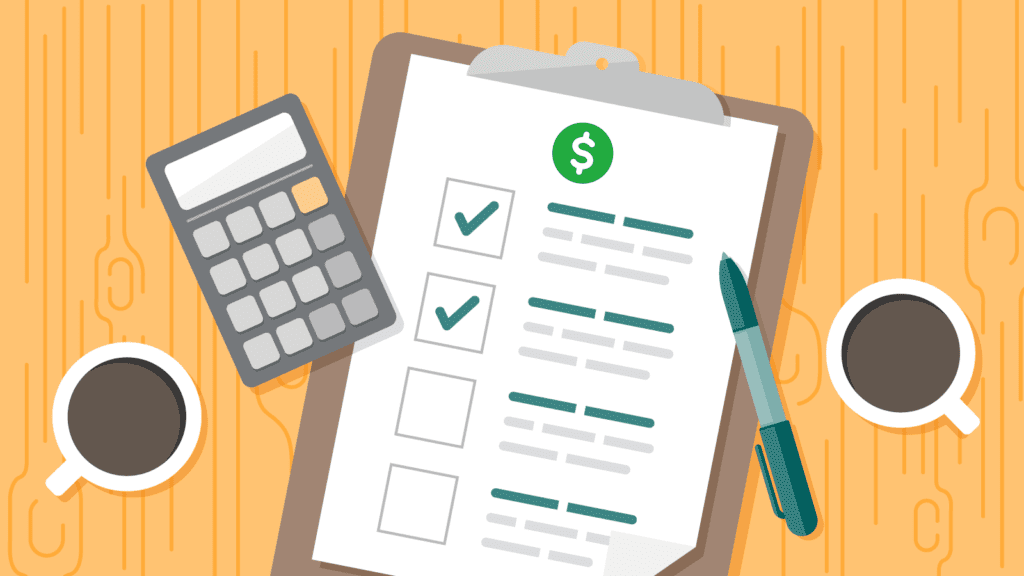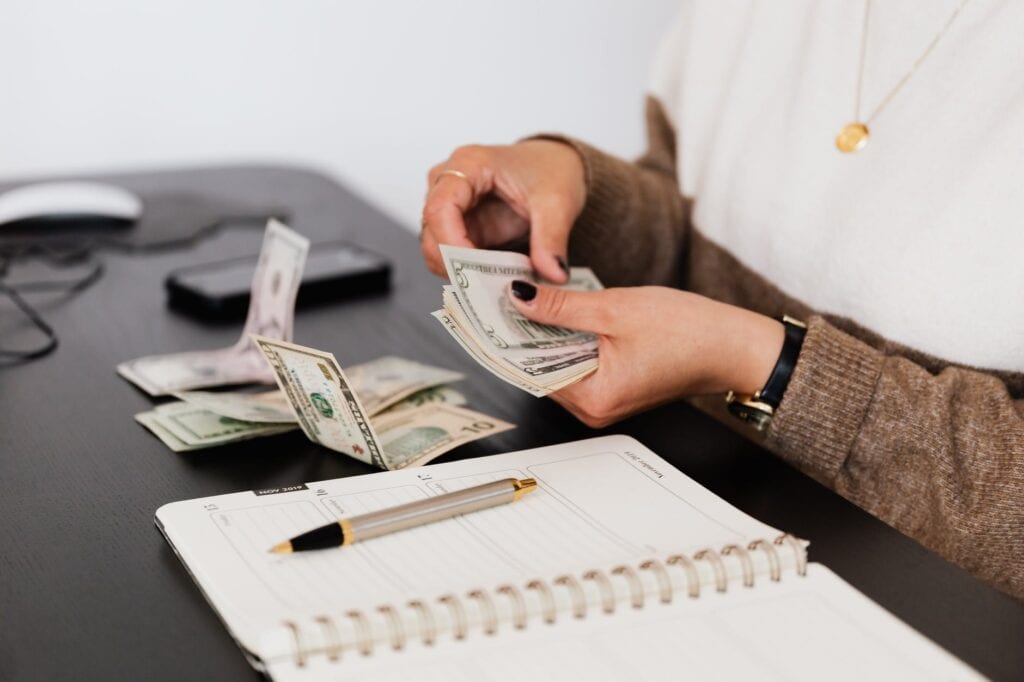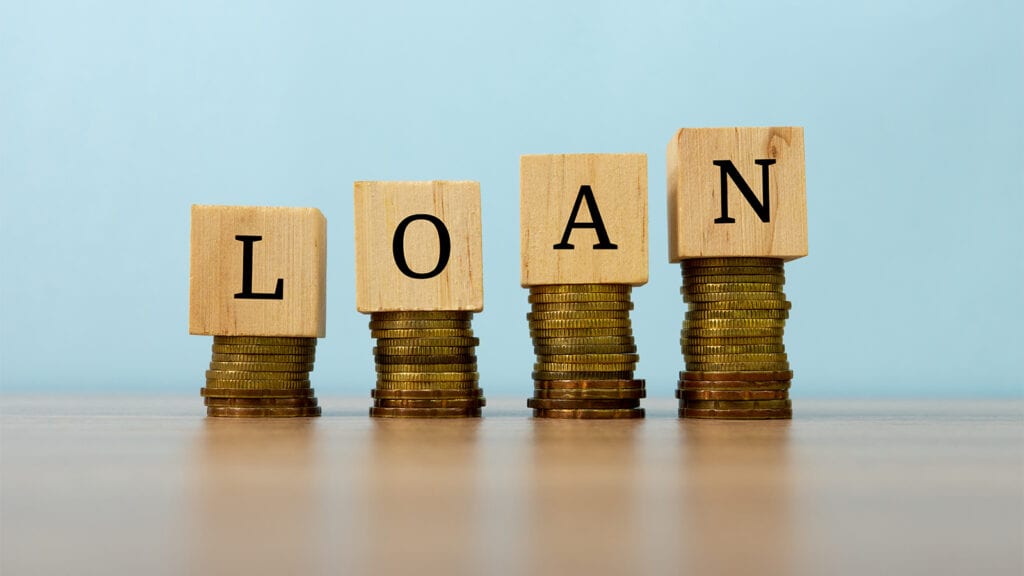Buying a house is a major life decision that will change the way you save, spend, and splurge in the years to come. If you’re buying it through a mortgage, like the majority of people do, then the preparation process will be even more complex because apart from going to home viewings, you also need to worry about financing options and their eligibility criteria. So, the process is stressful enough on its own, and a recession isn’t likely to make it easier. Recessions are major events with a significant impact on the economy, so in addition to what you were already doing, now you have to consider all the ways in which the recession could influence your plans.
Although we’re not in a recession yet, the outlook isn’t exactly optimistic. According to the World Bank, the COVID-19 pandemic could send the global economy into the worst economic crisis since World War II. Not all countries are expected to suffer (the ones that relied heavily on tourism, international trade, and external financing will be the most affected), but caution is recommended to anyone who wants to make a substantial financial step.
Some people wonder if they should still buy a house during a recession or wait until the economy recovers. That depends. So, let’s have a look at all the factors you need to consider and the preparations you’ll have to make to ensure that the terms of the mortgage are convenient for you.
What happens to property prices and mortgage rates during a recession?

The real estate market is an essential sector of the economy, and it’s one of the first to suffer when a recession hits. Since people start losing their jobs or getting paid less, the demand for properties drops, which in turn leads to lower prices. Sellers are also likelier to have flexible prices, and you’ll see many banks selling foreclosed homes. Mortgage rates may also drop to encourage people to buy houses and stimulate the economy.
However, this data is based on past recessions, particularly in 2008. Many experts argue that this scenario may not repeat itself this time because the market is now fuelled by different factors, so you should first wait and see how things play out in your country.
Many people postpone home-buying until a recession and take advantage of the economic situation to purchase a larger property or a property in a better neighborhood than they couldn’t usually afford. From this point of view, a recession can be an opportunity, but before you sign the papers, you should first consider a few factors:
Do an honest review of your finances

More often than not, a recession affects a family’s ability to apply for a mortgage and make big investments, and there are very few cases when people don’t have to make adjustments to their finances.
If you were able to apply for a mortgage and afford a house pre-recession, once the recession hits, you have to press pause and do an honest review of your finances:
- Do you still have a secure job during the recession? Are there signs of your current employer going out of business?
- Is your salary still the same or did they have to make cuts?
- If you planned on having co-payers, are they still able/eligible to contribute to the mortgage?
- What is the outlook for your industry? If you are laid off, can you find another job fast enough?
- Do you have a stable enough income to pay for the deposit and afford the monthly mortgage installments?
- Do you have an emergency fund?
- A mortgage is a long-term commitment. Will you still be able to afford the mortgage once the recession passes and the rates go back up?

If you work in a field that wasn’t affected by the recession and your financial situation remained stable enough, then there’s no reason to put your plans on hold. In fact, a recession can be a big opportunity because you could buy the home of your dreams at a better price. However, if your financial situation is bleak, or uncertain in any way, it’s advisable to wait. Although you were excited to buy a home, you shouldn’t insist on making the step if the investment would leave you without an emergency fund or if you wouldn’t have a stable income to pay for your mortgage.
Remember that banks may also change their application criteria during a recession, so the fact that you qualified for a mortgage before doesn’t mean you still do. To avoid unpleasant surprises, talk to your preferred lender and see if you still meet eligibility criteria.
Most importantly, don’t apply for a mortgage if you’d have to dig into your emergency fund instead of your savings. Waiting a few more months is worth it if you want to avoid getting into debt or complicating your financial situation.
Consider all loan options

People traditionally rely on banks to get a mortgage and purchase property, but, in 2024, you no longer have to limit yourself to only one option. With so many flexible lending options out there, and platforms like Mortgage House to help you browse and compare them, you can save both time and money.
Although popular, banks don’t have the best track record during recessions. Many tighten their eligibility criteria or change their terms and conditions, to the point where the terms are no longer convenient for you. The good news is that no matter where you live, you have more options compared to the last recession. In fact, the last recession favored the development of FinTech – financial institutions that detached themselves from outdated banking procedures and offered clients faster, more flexible solutions. So, if your local bank isn’t a good option anymore, you can always use comparison services and calculators to look for alternatives. Online lenders are a particularly good option here because they tend to offer personalized solutions and require less paperwork on your part.
 Imagup General Magazine 2024
Imagup General Magazine 2024



